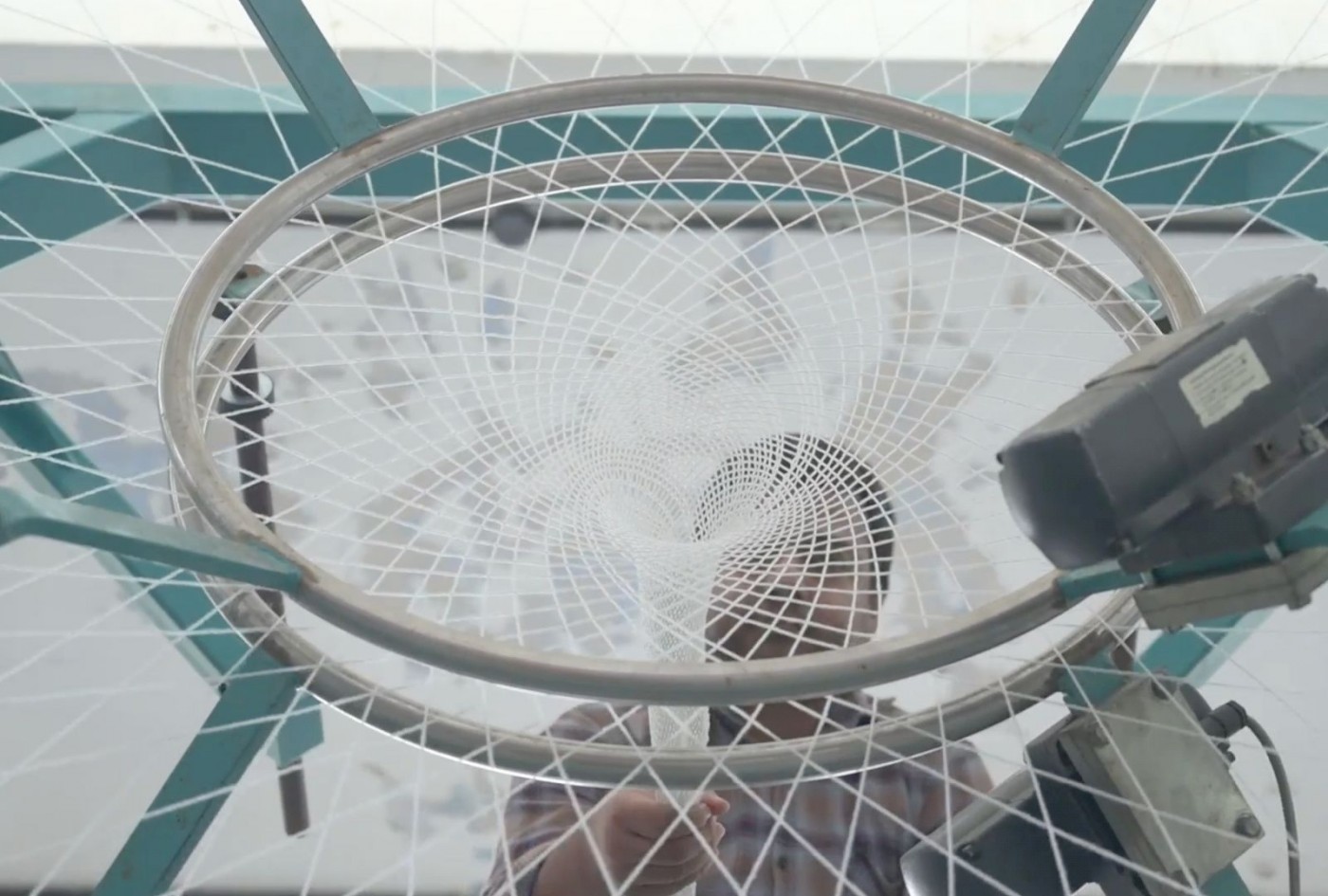
In a unique alliance that aims to build on the growing technical textiles and composites industries, Ahmedabad University and Ahmedabad Textile Industry’s Research Association (ATIRA) have collaborated to advance education and research and development and provide services in the domain. This cooperation builds on an ongoing cooperation where a Composites Centre of Excellence was established in 2011. One of the biggest drivers of this collaboration will be a one-of-its-kind two-year Master of Technology programme in Composites offered at the School of Engineering and Applied Science, Ahmedabad University. Through the technical expertise and facilities of both institutions, the MTech in Composites will provide a firm grounding in advanced mechanics, design, manufacturing, and testing related to composite components and structures. This will be followed by a year-long industry-based thesis on an applied topic of real-world interest. Industry perspectives and best-in-class practices will be integrated into the curriculum, which will make industry-ready graduates.
For Sunil Kale, Dean, School of Engineering and Applied Science, the industry holds promise for highly skilled youth. He said, “This collaboration will strengthen academics at Ahmedabad University, and faculty and students participating at ATIRA will provide robust support to the process of research, development, and outreach. Ahmedabad University’s incubator, VentureStudio, will facilitate the incubation of composites-based start-ups. The collaboration addresses the need to strengthen the quality of workforce and infrastructure in the space of technical textiles and composites.”
Sunrise Industries: Technical Textiles and Composites
Besides composites, which include aerospace, defence, transportation, and industrial applications, technical textiles encompass 12 different segments, such as wearable electronics, filters and masks, recycling and sustainability, energy applications like batteries and fuel cells, extreme weather clothing, and geotextiles, among others. These are classified as Agrotech, Oekotech, Buildtech, Meditech, Geotech, Clothtech, Mobiltech, Hometech, Sportstech, Indutech, Protech, and Packtech based on their functions.
The technical textiles and composites industry stands at an exciting growth phase globally and in India. With the global technical textiles market expected to grow at a CAGR of 5.2 per cent to reach USD 274 billion by 2027, the Indian technical textiles market is advancing formidably, identified as the fifth largest in the world. It has grown 8 to 10 per cent per annum over the last five years and stood at USD 21.95 billion in 2021-22.
In 2020, the Ministry of Textiles launched the National Technical Textiles Mission to position India as a global leader in the domain. Within this segment, composites are showing immense potential. According to a recent report by the FRP Institute, the consumption of the Indian industry will increase from 5,11,900 tonnes of composite materials in 2021 to 7,68,200 tonnes by 2027.
Government Impetus
The major growth drivers for the industry will be increasing demand from sectors like electric vehicles, renewable energy, transportation and construction industries, consumer and white goods, and defence. Government projects like smart cities, hydrocarbon, freshwater transportation, sewage treatment systems, and rehabilitation of water and sewage pipelines will also aid the growth of composite materials consumption.
Annual growth for technical textiles can be scaled up to 15 to 20 per cent over the next five years, according to the India 2047 Vision and Strategic Roadmap report by KPMG and FICCI in February 2023. In conjunction with this potential, the National Technical Textiles Ministry sees a need to strengthen Textile Research Associations (TRAs) with competent technical staff and continuously upgrade the strength of the research and infrastructure.
Pragnesh Shah, Director, ATIRA, says, “The government is looking at a significant expansion of the technical textiles industry in the country. They are placing a premium on market research, industry experts, and high quality engineering schools that can manage the requirements of this industry. We need to prepare a skilled workforce to meet this demand. Besides this, a culture of innovation around the technical textiles industry is being encouraged through various schemes for start-ups. We must also move from our traditional build-to-print process to a design-to-print thought process. That’s where we need the most value-added learning. ATIRA, with its unwavering commitment to drive innovation as well as support the industry in adopting these innovative technologies, would bring in crucial Industry connect to academic research. We are keen on building more industry and international collaborations for benchmarking with the best.”
Joint Research and Development
ATIRA and Ahmedabad University have also initiated joint research and development projects and have ambitious plans to set up state-of-the-art facilities for designing, analysing, manufacturing, and testing composite components and structures, among others. These facilities will supplement the PhD programme in Composites and Technical Textiles at Ahmedabad University and support internships. The joint teams will also provide technical support to industry and micro, small and medium enterprises (MSMEs), work on new product development, and incubate start-ups and innovators. Such facilities will become the basis for offering skill development programmes, and for spreading awareness of technical textiles, in general, and composites, in particular.